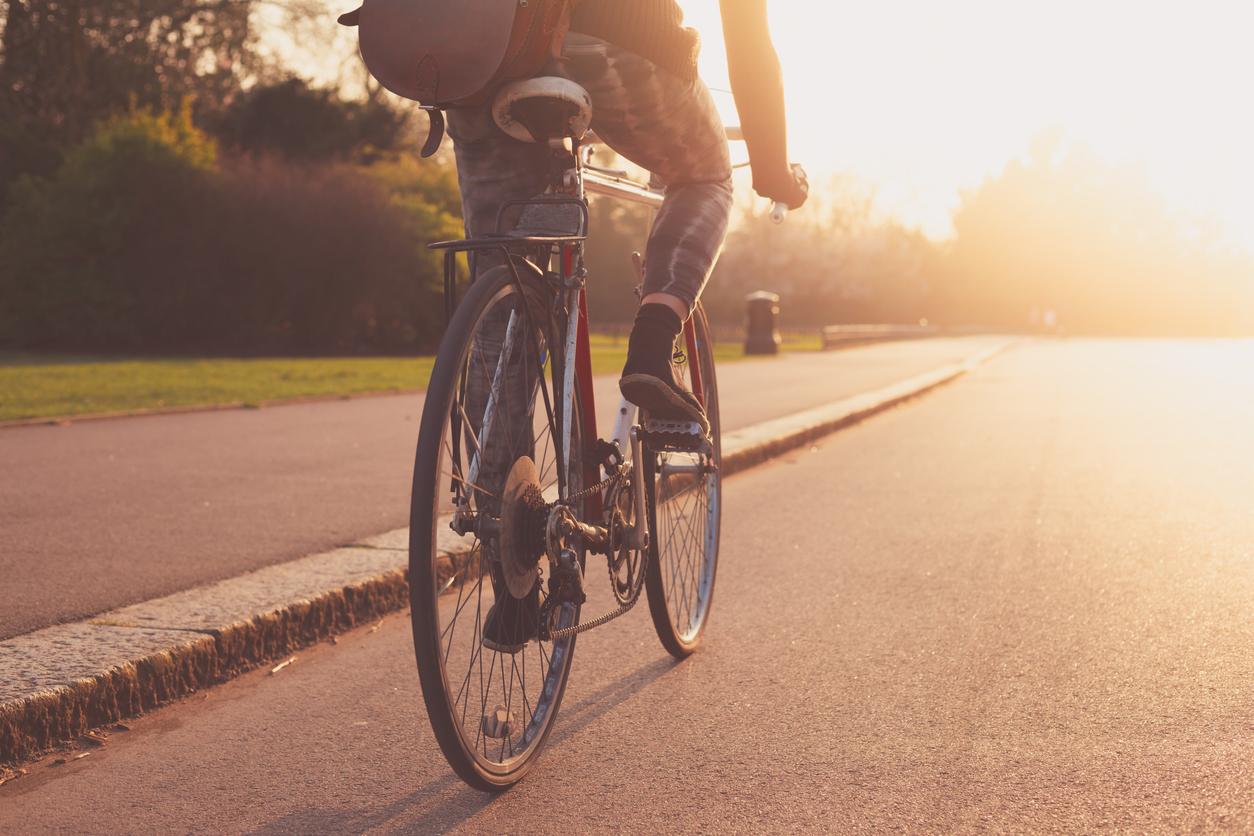The Minister of Culture wanted to be optimistic about an upcoming resumption of shows and festivals and confirmed that test concerts will be carried out to find a model allowing the reopening of performance venues.

- Concerts in Paris and Marseille will be organized in March and April to test the risks of transmission of the virus.
- The hall will be fully disinfected and the audience, made up of 1,000 healthy volunteers, will be sorted and subjected to a PCR test before and after the concert.
- A similar experiment conducted last August by German researchers revealed that it is possible to organize “Covid-friendly” events.
France will test the possibility of organizing concerts without increasing the risk of transmission of Covid-19. The Minister of Culture has confirmed that two concerts will be organized at the Dôme de Marseille, the largest enclosure in the city, “with IAM and other figures from the Marseille sceneshe told LCI Monday February 15. Subject to a catastrophic health situation, they could take place in the second half of March. We also want to organize a standing concert at the Accord Arena in Bercy (Paris) in April.” For the latter, the Indochine group is announced as the headliner.
Experimental concerts.
???? @EliMartichoux : “You are saying that there are going to be concerts in #Paris and to #Marseille in March and April?
???? @R_Bachelot : “Provided that we are not in a catastrophic health situation.”
???? #Le20HdeLCI. pic.twitter.com/DNPcZp3bRd
— LCI (@LCI) February 15, 2021
Prove that there is no “excess risk”
Under the gaze of Inserm researchers who will conduct a series of tests to observe the consequences of holding such an event, the objective of these concerts is to find a model allowing the reopening of performance venues despite the epidemic. Roselyne Bachelot thus explained that to put herself in situations of “brewing”the “entrants will be tested but positive people will not be filtered”. The mask will be compulsory and hydroalcoholic gel will be made available to the public, she added.
The results will then be compared with those of tests carried out on volunteers who did not attend the concert. The collective made up of doctors and cultural professionals will assess whether the organization of such an event constitutes an “excess risk” of infection. “This is important news for us, for the concerts in general, for the artists and for the public.commented IAM in episode 8 of his IAM Concept podcast broadcast on January 15. Everyone got together to try to conduct this study, we’ll see what happens. It will not take place under normal conditions for the public, there will only be 1,000 people, but it will be normal for the artists.”
An optimistic first experience
This experience is not a first. On August 22, German researchers from the University of Halle organized a series of mini-concerts bringing together 2,000 people. The results were optimistic about the possibility of organizing “Covid-friendly” events. In a press release published on October 29, the researchers estimated that with the right measures, such as good ventilation and wearing a mask, the risks of transmission of the virus are reduced. These results were obtained thanks to a device tracing all movements and contacts, and which the 2,000 subjects of the study were equipped with.
The researchers also noted that it is not the concerts themselves that carry the most risk, but the arrival of the public as well as the intermissions. Regulating the number of spectators and having several access doors are measures put forward by the researchers to avoid groupings.

.

















